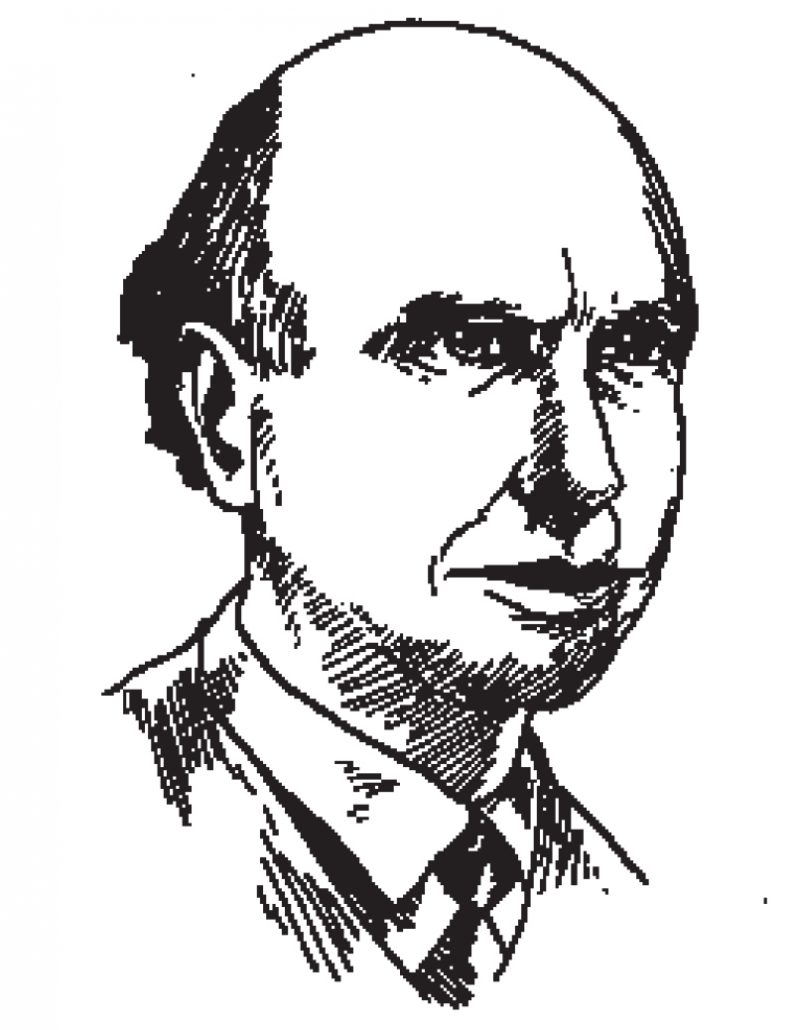What would it be like to know the details of your own personal programming—every A, C, T, and G as it swirls along the long, sinewy strands of your own double helix? J. Craig Venter knows.
This millionaire geneticist, one of the chief architects of the project to sequence the human genome in the late nineties, became the first lifeform on earth to possess this intimate self-knowledge. In April, 2002, he confirmed what many had already suspected: the human genome sequenced by Venter’s former company, Celera, was largely comprised of Venter’s own DNA. An act of supreme egotism, Venter’s stunt was the equivalent of Michelangelo carving his own head onto the statue of David.
This same bravado characterized Venter’s in-their-face approach against his rival during the bruising race to sequence the human genome. Front-page fodder from 1998 to 2000, the race pitted Venter’s feisty start-up company, which claimed it could sequence the genome faster and cheaper, against much of the leadership of molecular biology, and the fifteen-year, $3 billion project funded by the U.S. government. The public project was led by two towering figures in genomics—James Watson, co-director of the Double Helix (with Francis Crick), and Francis Collins, co-discoverer of the gene for cystic fibrosis and the point man for the government project. After two years of attacks and counter-attacks in the media, during which Venter was accused of trying to privatize the human genome, the two sides declared a tie in July, 2000, under pressure from President Bill Clinton.
Since leaving Celera in early 2003, Venter—a former California surfer and Vietnam War medic—has founded the J. Craig Venter Foundation with about $70 million of his own money, plus grants from the Department of Energy. His primary project is to create the first-ever synthetic organism built from scratch with human-designed DNA, while also working on a project to catalogue all the genes on Earth in a global sailing expedition in his ninety-five-foot yacht, Sorcerer II, that Venter compares to the voyages of Charles Darwin.
Supremely immodest, Venter surges forth like a force of nature that can be awesome to behold. He has many admirers and has had some fantastic successes despite detractors who said he would fail. Yet he also possesses an element of danger, a sense that this ex-surfer would leap headlong into riding a Maverick’s wave the size of a skyscraper whether or not he could handle it. For a man talking about creating a designer life-form, this maniacal energy makes some people nervous.
So which will it be? Will Craig Venter save us or ruin us? Or both?
—David Ewing Duncan
I. POOR LITTLE BERMUDA
THE BELIEVER: Okay, you’re creating life and trying to sequence every gene...
You have reached your article limit
Sign up for a digital subscription and continue reading all new issues, plus our entire archives, for just $1.50/month.
Already a subscriber? Sign in





